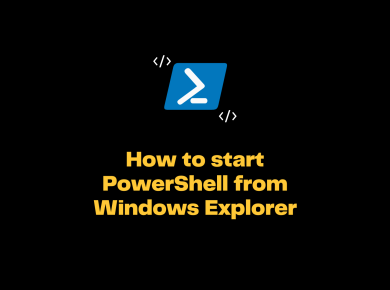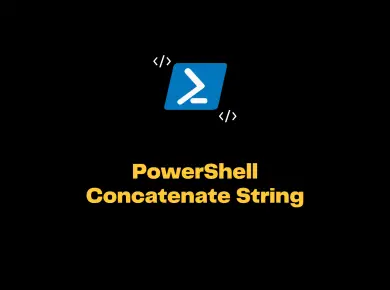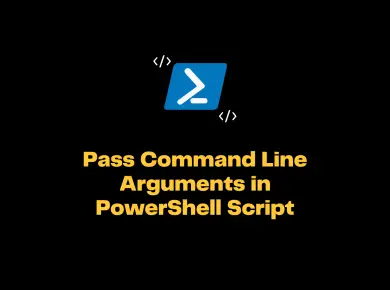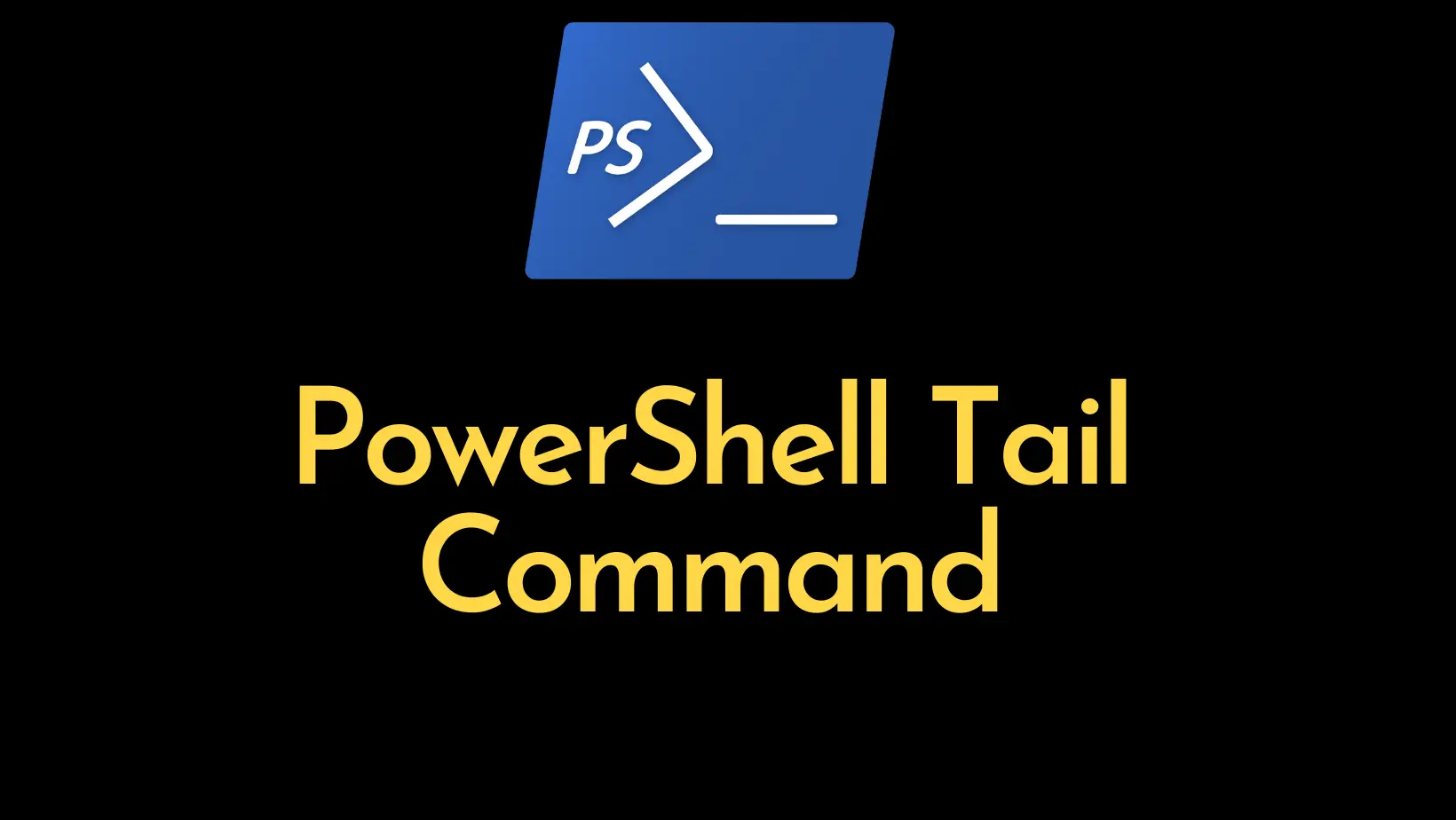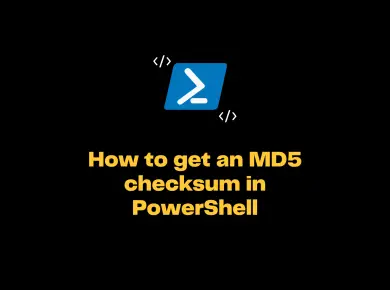The best way to get PowerShell version is by running the $PSVersionTable or Get-Host commands. Using either of these commands, we can determine the installed PowerShell version on a computer.
In this article, let us explore how to check the PowerShell version on various windows operating systems.
How to Get PowerShell Version on windows?
There are multiple ways to check the Powershell version installed on your machine.
Method 1: Using $PSVersionTable
The $PSVersionTable.PSVersion command is used to determine the engine version. It returns the Major, Minor, Build, and Revision in a tabular format as shown below.
$PSVersionTable.PSVersionOutput
Major Minor Build Revision
----- ----- ----- --------
5 1 19041 1682We can also use $PSVersionTable to check the PowerShell version. It returns many other information such as CLRVersion, PSCompatibleVersions, BuildVersion, etc.
$PSVersionTableOutput
Name Value
---- -----
PSVersion 5.1.19041.1682
PSEdition Desktop
PSCompatibleVersions {1.0, 2.0, 3.0, 4.0...}
BuildVersion 10.0.19041.1682
CLRVersion 4.0.30319.42000
WSManStackVersion 3.0
PSRemotingProtocolVersion 2.3
SerializationVersion 1.1.0.1Note: The $PSVersionTable was introduced in version 2. Hence it does not work on PowerShell version 1.
Method 2: Using Get-Host
The alternative way to get the PowerShell version is by using the Get-Host cmdlet. The Get-Host cmdlet gets an object representing the program hosting Windows PowerShell.
By default, it will return the Windows PowerShell version, Current region, Language settings of the host machine, and a lot of other information about the host.
Get-HostOutput
Name : ConsoleHost
Version : 5.1.19041.1682
InstanceId : 9c392805-21f0-44cd-9b83-bdf0c97c9d88
UI : System.Management.Automation.Internal.Host.InternalHostUserInterface
CurrentCulture : en-US
CurrentUICulture : en-US
PrivateData : Microsoft.PowerShell.ConsoleHost+ConsoleColorProxy
DebuggerEnabled : True
IsRunspacePushed : False
Runspace : System.Management.Automation.Runspaces.LocalRunspaceWe can also return the Major, Minor, Build, and Revision information using the (Get-Host).Version cmdlet as shown below.
(Get-Host).VersionOutput
Major Minor Build Revision
----- ----- ----- --------
5 1 19041 1682Method 3: Using $Host.Version
The $Host.Version outputs the same as the (Get-Host).Version or $PSVersionTable.PSVersion.
The $Host.Version is not a reliable cmdlet to determine the PowerShell version when you are running with remote machines as they reflect the version of the host but not the engine.
$Host
$Host.VersionOutput
Name : ConsoleHost
Version : 5.1.19041.1682
InstanceId : 9c392805-21f0-44cd-9b83-bdf0c97c9d88
UI : System.Management.Automation.Internal.Host.InternalHostUserInterface
CurrentCulture : en-US
CurrentUICulture : en-US
PrivateData : Microsoft.PowerShell.ConsoleHost+ConsoleColorProxy
DebuggerEnabled : True
IsRunspacePushed : False
Runspace : System.Management.Automation.Runspaces.LocalRunspace
Major Minor Build Revision
----- ----- ----- --------
5 1 19041 1682
From PowerShell 5.1 onwards, there are multiple editions of PowerShell that each run on a different .NET runtime. As of PowerShell 6.0, there are two editions of PowerShell as follows:
Desktop, which runs on .NET Framework. PowerShell 4 and below and PowerShell 5.1 are available for full-featured Windows editions like Windows Desktop, Windows Server, Windows Server Core, and most other Windows operating systems.
Core, which runs on .NET Core. PowerShell 6.0 is later installed side-by-side with earlier PowerShell releases on full-featured Windows editions, some reduced-footprint Windows editions such as Windows Nano Server and Windows IoT, or on non-Windows platforms such as Linux and macOS.
If you are running PowerShell 5.0 and above, you can determine the PowerShell edition type by running the $PSEdition cmdlet.
$PSEditionOutput
DesktopConclusion
We can determine the PowerShell version installed on windows by running the $PSVersionTable or Get-Host commands. From PowerShell 5.0, we have different editions of PS, and we can get the information by running the $PSEdition cmdlet.

